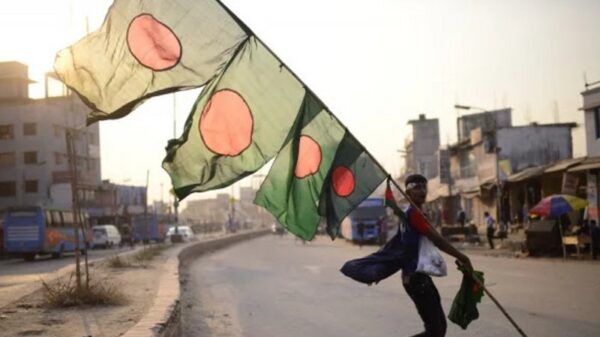After a year of farmers’ protests and Pharma’s threats to leave Europe, the new EC could reshuffle its prestigious health directorate. DG SANTE is set to lose key roles, like food safety, pesticides, or pharma. Commission leaves drinkers and smokers behind under Sante’s innovation-adverse supervision.
On 23 July 2024, the expert group on the European Food Security Crisis Preparedness and Response Mechanism (EFSCM) to mitigate risks and vulnerabilities putting food supply chains at risk published a series of recommendations to strengthen food sovereignty in the EU: build trust, foster a collaborative approach, and monitor food supply.
While guaranteeing food sovereignty is strategic, the agri-food businesses and supply chain underpinning it are also being asked to contribute to the success of the EU Green Deal – making the EU climate-neutral by 2050 – by adjusting to increasingly exigent frameworks, some of which originated in DG SANTE.
Earlier this year, we saw huge tractor convoys blockade ports, major roads, and the capital of Europe, sometimes for days, in some of the most severe farm protests in the last decade. Those protests were against the Green Deal, specifically the EU regulations concerning the use of pesticides and nature restoration.
Big farming and big food seem to be more and more worried about a woke DG Sante, developing less effective policies further risking European farmers’ livelihoods in areas such as food security, or tobacco and alcohol.
According to media reports, the Commission is worried about its health DG as well. Especially about its potential to upset nationalist politicians, imposing excessive regulation and bans. The stakes are high, as some of the affected sectors that were targeted by the same directorate general are at the core of the EU’s re-industrialisation agenda, which in turn is key to deliver jobs and growth. So the Commission is taking action.
While the Commission is busy safeguarding some exporting sectors from DG SANTE, by redistributing their supervision to other more reasonable DGs, it has yet to act on alcohol or tobacco, two industries where the EU is the global leader.
With a fresh Commission term set to start in November, the EU executive is examining how to distribute policy priorities across its many constituent directorates-general. One of its top priorities would be finding a balance between European policy and listening to the national voices of the member states.
Suppose the document seen by Euronews earlier in June is confirmed. In that case, DG SANTE will hand over its powers on pesticide approval, animal welfare, animal and plant health, plant varieties, and new genomic techniques to the Commission’s farming department, DG AGRI. In addition, DG SANTE would lose other food safety issues to DG JUST, which handles justice and consumer policy.
DG AGRI is responsible for the bloc’s massive farm subsidies programme, the Common Agricultural Policy (CAP), which amounts to a third of the EU budget. Health department DG SANTE could suffer a remarkable power loss to its farm-focused rival DG AGRI.
Dismantling DG SANTE is not necessarily a good solution, and it sends the message that the Commission no longer believes that the “EU Health Ministry” can be an added value for consumers while encouraging innovation, that will safeguard the EU’s competitiveness. Nevertheless, the stakes are high, and the outcomes will shape the future of Europe’s food system for the next five years and beyond.










































